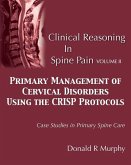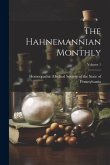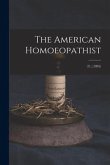An invaluable guide for homeopaths and students of homeopathy! Renowned homeopathic counsellor and author, Liz Lalor lectures and writes on the symbiotic relationship between mental and emotional disturbance, and physical pathology. A Psychological Analysis of the Delusion Rubrics is an extensive Materia medica adaption of her second book Homeopathic Psychiatry . In its original form, Homeopathic Psychiatry combined homeopathic rubric-repertorisation and traditional counselling techniques to create an invaluable case taking manual. A Psychological Analysis of the Delusion Rubrics expands on this with a revised introduction, new Denial chapter and extended Materia medica to address the narrative behind the physical pathology. Homeopathic analysis of disease concentrates on unearthing the peculiar within the patient's story of their life. In this fresh adaption, Lalor focuses attention on the denial process of the patient as they negotiate illness. The peculiar in the patient's narrative is the essence of the understanding of the use and meaning of the Delusion rubrics in case analysis. This book is an invaluable guide, both for homeopaths and students of homeopathy, to fully understand these previously misunderstood and underutilized rubrics in our repertory. "Liz Lalor's book explores humanness within remedies and reflects the remedy back to the psychodynamic delusion. It makes a difference in understanding my client's needs with incorporating Elizabeth Kubler Ross's 5 stages of grief and guides me in the right direction of support. A wonderful desktop companion for my device and clinic desk." Sally Bevan, Homeopath "My entire understanding of delusion rubrics, how to decipher them, and subsequently how to apply them to my case-taking, changed considerably for the better once I had read this very insightful book. Liz's experience with psychotherapy, coupled with her deep understanding of remedies and their psychological profiles, has enabled her to author a book of great significance and profound assistance to the practising homeopath. I highly recommend this book to anyone who wants to more effectively understand the delusion rubrics, what they really mean and how to apply them in case analysis." Carolyn Graham, Noosa Homoeopathic Clinic
Hinweis: Dieser Artikel kann nur an eine deutsche Lieferadresse ausgeliefert werden.
Hinweis: Dieser Artikel kann nur an eine deutsche Lieferadresse ausgeliefert werden.








